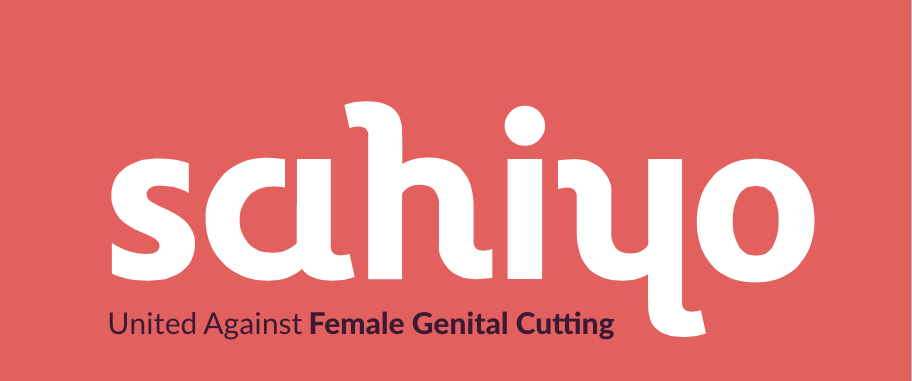UNICEF reports that FGM/C remains prevalent in Iraqi Kurdistan, affecting over half of women who live there. The profound impact of this practice requires urgent medical and psychological support for survivors. However, a lack of specialized professionals in the region, and limited awareness of treatment options and complications, pose challenges.
Cultural taboos and social constraints further impede survivors from seeking help, leading to discrimination, stigma, and reluctance to access essential services. As a family counselor and psychotherapist specializing in FGM/C, I have conducted extensive research and provided psychological, sexual, and physical services to survivors and their partners. Between 2019 and 2023, I conducted numerous workshops for local teams in Iraqi Kurdistan, focusing on effective communication with survivors and providing comprehensive care.
These sessions focused on understanding the complications of FGM/C and breaking the taboo’s surrounding the discussion of this practice. The workshops highlighted the lack of readily available psychological support for survivors, as well as cultural and social obstacles they face in opening up about their struggles. They also highlight how professionals – like doctors – lack awareness regarding proper treatment methods for FGM/C. However, participants' eagerness to learn and enhance care emphasized the need for continuous education and training in this domain.
These experiences underscore the potential for improving survivor care through ongoing learning and educational initiatives. In 2023, after concluding the training sessions, the educational materials used were compiled into a publication titled “Living with FGM in Kurdish Regions.” This book aims to fill a significant gap in existing literature, and serves as a guide to help survivors enhance their quality of life.
The book comprises five chapters, each of which explores various aspects of FGM/C:
- The first chapter dives into the historical and cultural context of the practice in Iraqi Kurdistan
- Chapter two focuses on the challenges Kurdish women face in openly discussing their experiences
- Chapter three stresses the importance of addressing survivors' physical health through comprehensive medical examinations and management strategies
- Chapters four and five explores the psychological and sexual impacts of FGM, offering insights into therapeutic interventions
As a handbook, this publication also provides practical guidance on psychosexual therapy and social services. It marks a culture-oriented approach in the domain of “Life with female circumcision,” emphasizing the importance of respecting and empowering survivors while tailoring therapeutic approaches to their individual needs.
Related links:

